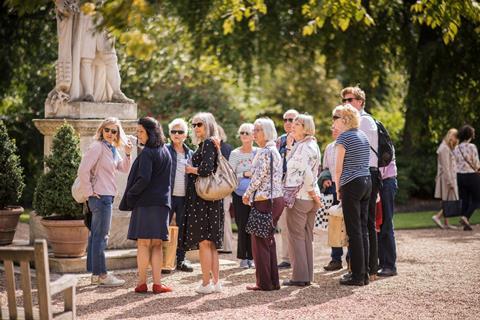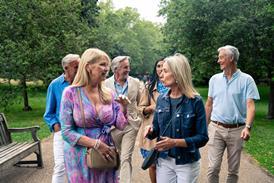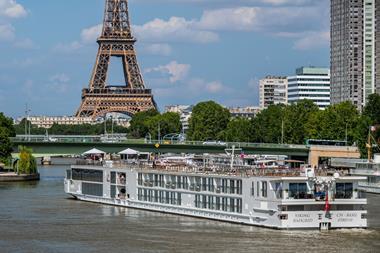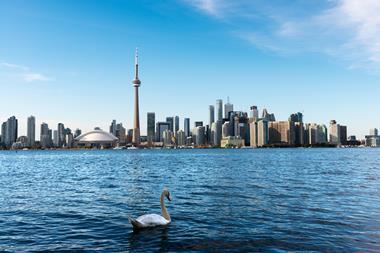Visitors to Chelsea Physic Garden in London can now go into the seven historic glasshouses which have reopened after a two-year restoration.

The reopening is part of the garden’s 350th-year anniversary celebrations throughout 2023. Supported by the National Lottery Heritage Fund, a major project has seen the transformation of the glasshouses.
Located in Chelsea, London, the Chelsea Physic Garden has occupied land on the edge of the River Thames since 1673.
Designed by Foster and Pearson and built in the early 1900s, as much of the original structure of the glasshouses as possible was kept and throughout the scheme, more than 150 new plants were added to the collection of more than 1,200 plants from 817 different plant species.
New panels introduced in the glasshouses explore the medicinal, herbal, cultural and useful significance of the plant collection. Groups will be able to learn about the biodiversity of the garden; one of the glasshouses is dedicated to plants from Southern Africa, specifically the Cape Floristic Region which is an important area for fauna and wildlife.
Other glasshouses include The Garden’s Cool Fernery which houses many species of ancient plants, showing how evolution has allowed ferns to grow in many places, as well as the Atlantic Islands glasshouse which is home to rare species of plants.

More about the garden
Chelsea Physic Garden has been a teaching garden for over 350 years. The core principles of discovery, learning and wellbeing are still realised today. Within the Garden visitors can find over 4,500 species of edible, useful and medicinal plants that help to tell the story of humanity’s relationship with plants.
The garden’s plant collection is the only botanic garden collection focused entirely on medicinal, herbal and useful plants.
As the second oldest Botanic Garden in the UK (the oldest is Oxford Botanic Garden), developments and discoveries made at Chelsea Physic Garden have had big impacts. One such discovery was the forcing of rhubarb. Believed to have been accidentally discovered when a Gardener found rhubarb growing underneath a bucket. The rhubarb had grown straighter and taller than it did normally, leading to the forcing of rhubarb becoming a well-known horticultural technique.
Group visits to Chelsea Physic Garden
Pre-booked groups of ten or more can arrange a private tour of the garden with a volunteer guide. The tours last an hour and will take in some of the many highlights of the garden.
The garden is open Sunday to Friday and there are also a number of different events staged throughout the year including Christmas-themed visits.
To find out more visit www.chelseaphysicgarden.co.uk/visit/group-visits/












